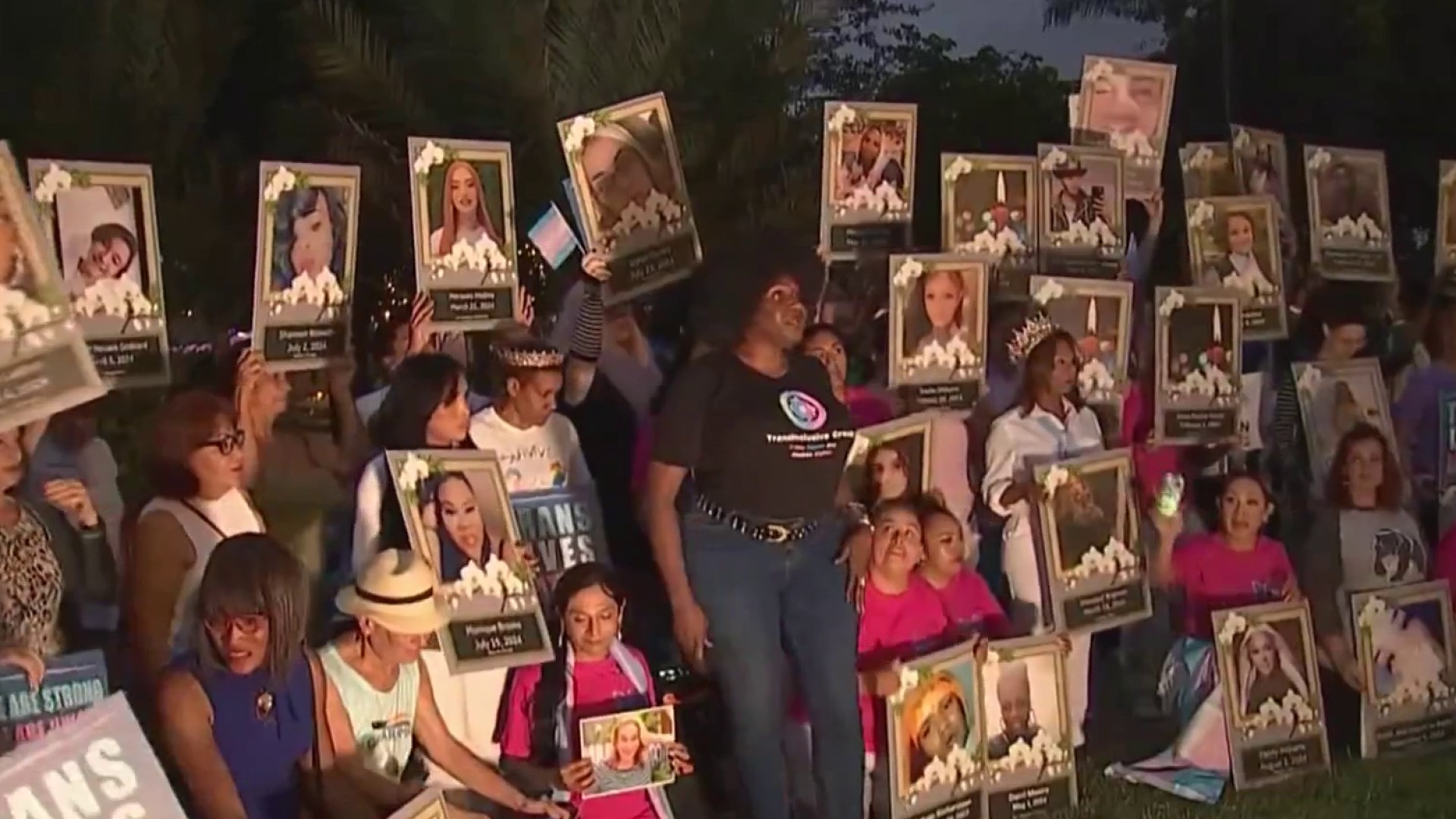Back-to-school season is in full swing in Florida, months after Gov. Ron DeSantis signed a bill that expands the state's school voucher program to every student, regardless of income.
WHAT IS THE VOUCHER PROGRAM?
Watch NBC6 free wherever you are
The bill signed by DeSantis in March removes income-eligibility requirements that were part of the previous programs and makes all students eligible for taxpayer-backed vouchers as of the 2023-2024 school year.
The vouchers of around $8,000 per year can be used at private schools that accept them, and students are eligible to receive vouchers if they are "a resident of this state" and “eligible to enroll in kindergarten through grade 12” in a public school.
Get local news you need to know to start your day with NBC 6's News Headlines newsletter.
The bill includes a tiered "priority" system for students to receive vouchers. Students whose household incomes are less than 185% of the federal poverty level, or roughly $51,000 for a family of four, get first priority. Next are students whose family incomes are from 185% of the poverty level to 400% of the poverty level, which is about $111,000 for a family of four.
For more information and resources for Florida school choice, click here.
OTHER CHANGES UNDER THE BILL
Local
While the bill allows home-schooled students to receive voucher funds, another change from previous programs, it requires such students to be categorized as participating in a "personalized education program," which would come with certain requirements such as the students having to take nationally norm-referenced tests or statewide assessments.
It also sets up what are known as “education savings accounts,” allowing recipients to spend funds on a range of purchases beyond private-school tuition. Some of those purchases could include tutoring expenses, fees for various exams and contracted services provided by public schools.
The bill expands the enrollment cap for scholarships for students with disabilities to about 40,000 students. And students who are enrolled in a public school that is different from the school they were assigned can receive a $750 scholarship to help cover the cost of transportation.
FAMILY EMPOWERMENT SCHOLARSHIP
The vouchers are part of the Family Empowerment Scholarship program, which began in 2019 and includes two options.
Under the Family Empowerment Scholarship for Educational Options, families apply and annually renew through one of the approved scholarship funding organizations, which are responsible for determining and distributing funding.
Under the Family Empowerment Scholarship for Students with Unique Abilities, families may choose to enroll their student in another public school, or they may choose to take the opportunity to receive a personal education savings account for their student. With an ESA, instead of having their child attend a public school, parents receive a deposit of public funds into government-authorized savings accounts with restricted, but multiple, uses.
The bill signed by DeSantis eliminates the previous enrollment cap and the exemptions to the maximum number of students who can participate in FES-EO. For students who are not full-time enrolled in public or private school or who are not Home Education Program students, there will be a cap of 20,000 new scholarships for the 2023-2024 school year and a cap of 40,000 new scholarships for every year after that.
For more on the Family Empowerment Scholarship, click here.
OPPOSITION AND SUPPORT OF VOUCHERS
The Republican-controlled Florida Senate passed the measure amid criticism from Democrats, who characterized it as a potential handout for wealthy people who would seek the vouchers.
The Florida Education Association teachers union derided the measure as providing an “$8,000 taxpayer-funded coupon for millionaires and billionaires,” saying in a tweet that the measure is a “terrible idea."
Supporters, however, said the bill will drive up competition among schools, provide parents with options and ultimately raise the quality of education.
DeSantis has said Florida is the leader in school choice options in the country and puts parents and students first.
"Florida is number one when it comes to education freedom and education choice, and today’s bill signing represents the largest expansion of education choice in the history of these United States. When you combine private scholarships, charter schools, and district choice programs, Florida already has 1.3 million students attending a school of their choosing,” DeSantis said when he signed the bill.
"A street address or level of income should never replace the vital and irreplaceable role of a parent to decide what academic experience best fits the needs of their child," said Florida State Sen. Corey Simon.



